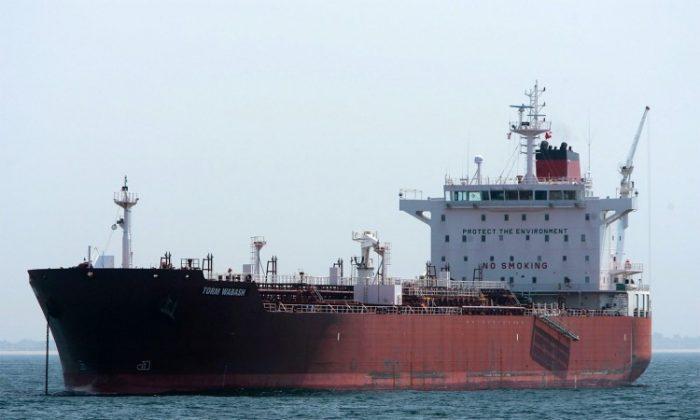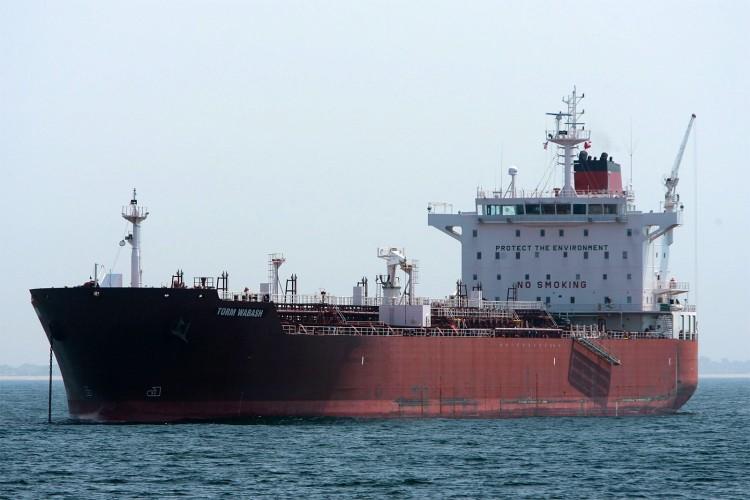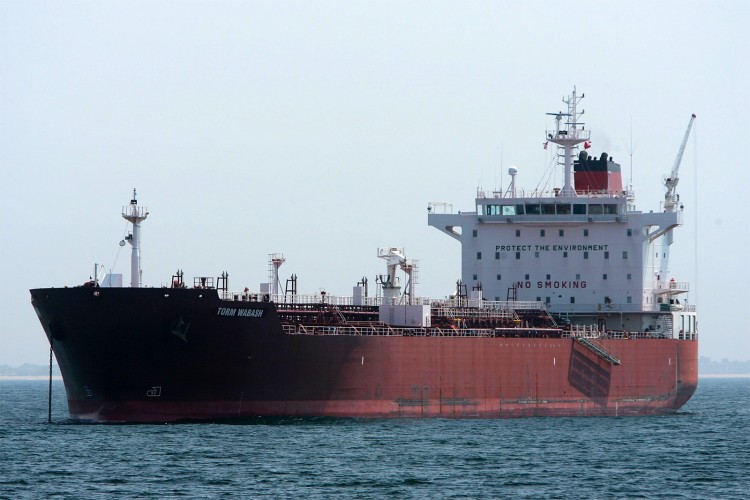Oil tanker traffic off the British Columbia coast is coming under scrutiny as U.S. authorities launch a review of proposed increases in oil exports out of Vancouver harbour.
A legislative amendment proposed by Washington State Sen. Maria Cantwell and signed into law by President Barack Obama gives the U.S. Coast Guard six months to conduct a risk assessment of potential expansion of oil pipeline capacity to the West Coast.
The review comes in light of Kinder Morgan’s plan to twin its 1,150-kilometre Trans Mountain pipeline system between Strathcona County, Alberta, and Burnaby, B.C. If approved, the expansion would increase the nominal capacity of the system from 300,000 barrels per day to 750,000 barrels per day.
“A supertanker oil spill near our shores would threaten Washington State’s thriving coastal economy and thousands of jobs,” Cantwell said in a statement. “This bill will provide crucial information for Washington coastal communities by requiring a detailed risk analysis within 180 days.”
The review will assess the risk of transporting oil via tanker and barge through the Salish Sea waterways, which encompass both U.S. and Canadian waters between southern Vancouver Island and the mainland.
The Coast Guard will also examine regulations that apply to oil tankers in U.S. waters compared to Canadian waters, and analyze whether extra safety measures are needed to transport what Cantwell calls “tar sands” oil.
In addition, the review will include an analysis of the properties of the oil, “which are likely different than other types of oil and therefore could require special cleanup technology,” according to Cantwell’s statement.
A spokesperson for federal Transport Minister David Lebel says Canada has long worked closely with the U.S. to ensure goods are transported safely across their shared border.
“Our government has been clear: If any project does not meet or surpass our stringent environmental standards, it will not proceed,” said Mike Winterburn.
“Canada has strong environmental protection measures including double-hulled tanker requirements, mandatory pilotage, and improved navigational tools. Oil tankers have been moving safely and regularly along Canada’s West Coast for 80 years.”
Oil Sands Polluting Nearby Lakes: Study
Meanwhile, a new study has found that oil sands development is polluting nearby Alberta lakes with toxic polycyclic aromatic hydrocarbons (PAHs) to between 2.5 to 23 times pre-development levels.
The peer-reviewed study, published Monday in the U.S. journal Proceedings of the National Academy of Sciences, offers the most conclusive proof yet that oil sands development is polluting nearby waterways with toxic carcinogens.
The study all but ends a major debate around the oil sands’ contribution of PAHs. Industry and government have long suggested that hydrocarbons found in nearby water bodies could be largely naturally occurring.
Some PAHs have been linked to infertility, immune disorders, and fish mutation.
Residents of Fort Chipewyan, a small settlement on the northeast shore of Lake Athabasca downstream from the oil sands, have blamed oil patch pollution for unusually high rates of cancers in the community of about 1,400, including a rare bile-duct cancer.
Although a 2009 study by Alberta health authorities found that the incidence of cancer was higher than expected in the community, there was no link made to water contamination from the oil sands.
The Epoch Times publishes in 35 countries and in 20 languages. Subscribe to our e-newsletter.






